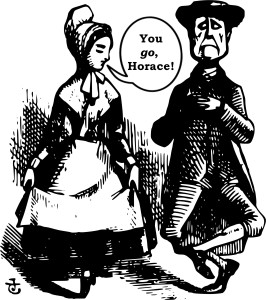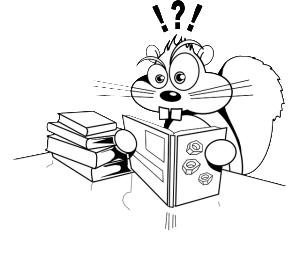 One thing that’s kind of fun, and kind of annoying, about being a writer is spotting slip-ups in traditionally published books.
One thing that’s kind of fun, and kind of annoying, about being a writer is spotting slip-ups in traditionally published books.
I’m currently reading a well-known trad-pubbed epic fantasy. This trilogy has garnered critical acclaim. It was optioned for a movie (although the option has run out). A video game has been set in the world of this series. The author was even hired to finish another author’s fantasy series after the original author of that series died. (Bonus points if you can name both authors.)
In short, people love these books. But I’ve found inconsistencies in the story. Continue reading “Watch Your Language: Write Out Those Inconsistencies”


 All right, boys and girls, it’s time once again for your friendly, neighborhood grammar police report. Today we’re going to talk about Pronoun Confusion, those times when we have multiple characters of the same sex in a single scene, and how we keep track of them.
All right, boys and girls, it’s time once again for your friendly, neighborhood grammar police report. Today we’re going to talk about Pronoun Confusion, those times when we have multiple characters of the same sex in a single scene, and how we keep track of them. Recently I was beta-reading a book for another author and found an annoying recurrence of what I consider to be a newbie mistake. The book was fiction, telling the story in omniscient third person as if the reader were a fly on the wall watching the drama unfold. Good enough as far as it went, but then suddenly, with a single word, it catapulted me right out of the telling.
Recently I was beta-reading a book for another author and found an annoying recurrence of what I consider to be a newbie mistake. The book was fiction, telling the story in omniscient third person as if the reader were a fly on the wall watching the drama unfold. Good enough as far as it went, but then suddenly, with a single word, it catapulted me right out of the telling.